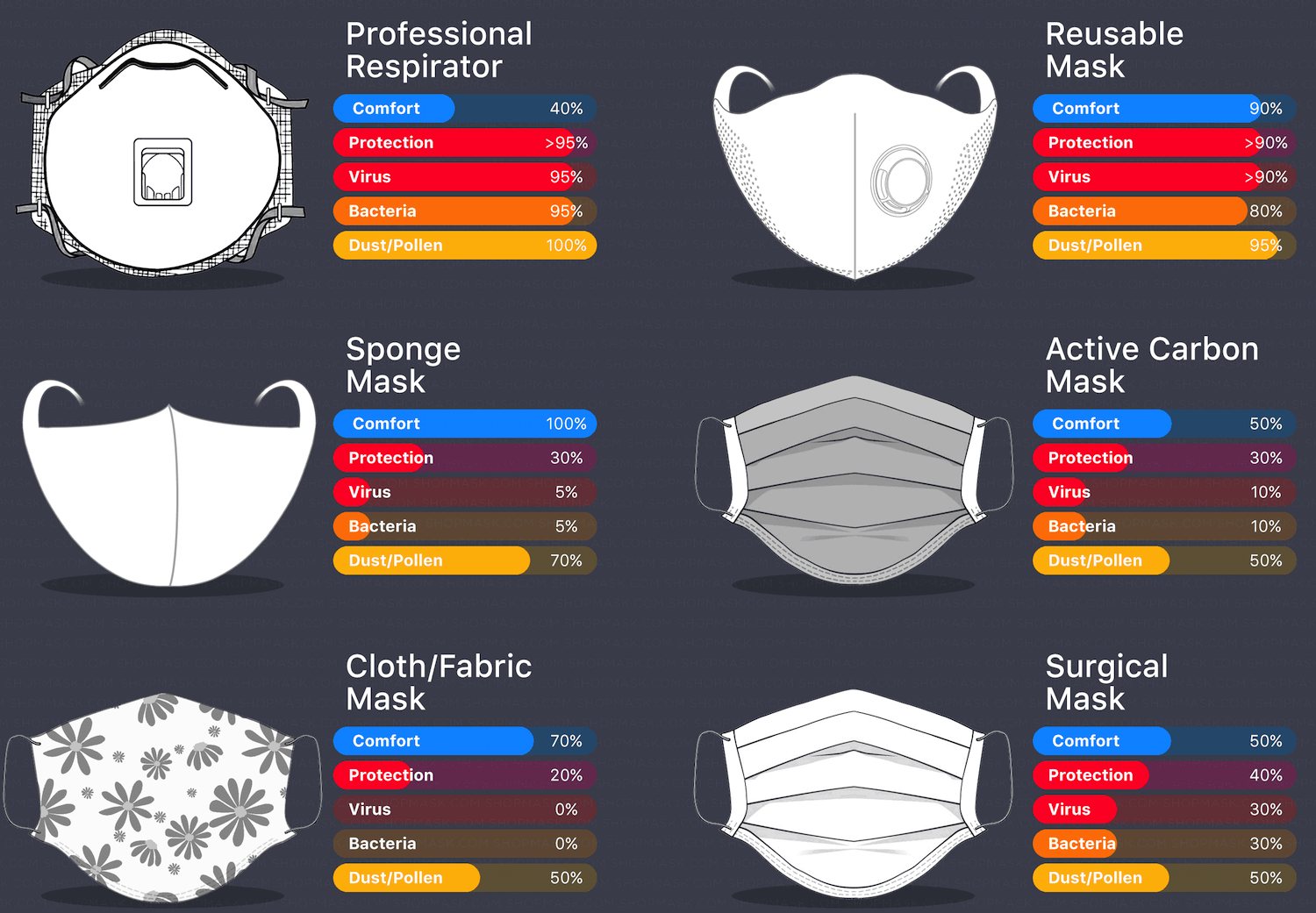“With another coronavirus variant racing across the U.S., once again health authorities are urging people to mask up indoors. Yes, you’ve heard it all before,” Maria Godoy reports for NPR. “But given how contagious Omicron is, experts say, it’s seriously time to upgrade to an N95 or similar high-filtration respirator when you’re in public indoor spaces.
“Cloth masks are not going to cut it with omicron,” Linsey Marr, a researcher at Virginia Tech who studies how viruses transmit in the air, told NPR.
Omicron “spreads at least three times faster than Delta,” Godoy notes. “One person is infecting at least three others at a time on average, based on data from other countries.”
Robert Wachter, chair of the medicine at the University of California, San Francisco, told Godoy, “The kind of encounter that you could have had with prior versions of the virus that would have left you uninfected, there’s now a good chance you will get infected from it.”
Help the NKyTribune continue its service
Become a sustaining member of NKyTribune with a tax-deductible donation today and help us continue to provide accurate, up-to-date local news and information you can depend on. Your contributions will be matched by NewsMatch through December 31 and by generous local sponsors through Jan. 30, 2022. We need and appreciate your support. Send your checks to NKyTribune, 644 Braddock Court, Edgewood, Ky. 41017 or
Early research at the University of Hong Kong shows “Omicron multiplies 70 times faster inside human respiratory tract tissue than the delta variant does,” NPR reports. “That study also found that Omicron reaches higher levels in respiratory tract tissue 48 hours after infection, compared with Delta.”
Marr said, “That would suggest to me that maybe it reaches higher levels and then we spew out more [virus particles] if we’re infected,” Also, Omicron may be so contagious that it takes fewer viral particles to create an infection.
Also, “Virus particles from an infectious person can linger in the air indoors for minutes or even hours after they leave a room in some situations, says Dr. Abraar Karan, an infectious disease physician at Stanford University,” Godoy reports. Karan told her, “I think that people need to realize that transmission here can happen even when you’re not near somebody.”
Godoy says, “Given all this, you want a mask that means business when it comes to blocking viral particles. Unlike cloth masks, N95, KN95 and KF94 respirators are all made out of material with an electrostatic charge.” That “pulls these particles in as they’re floating around and prevents you from inhaling those particles,” Karan told her. “And that really is key.”
Surgical masks also have an electrostatic charge, but they tend to fit loosely, “A snug fit — with no gaps around nose, cheeks or chin — ‘really makes a big difference,’ says Marr, who has studied mask efficacy,” Godoy reports.
“KN95s tend to be a bit more comfortable than N95s, but counterfeits continue to be a problem. For safer shopping, check out a site like Project N95, a nonprofit that helps consumers find legitimate personal protective equipment. Or check the CDC’s site for advice on how to spot a counterfeit and a list of trusted sources for surgical N95s. For maximum protection, make sure your N95 fits snugly as well, creating a seal around your mouth and nose. The CDC explains what makes a good fit and how to test that yours is sealing well.”
Kentucky Health News
